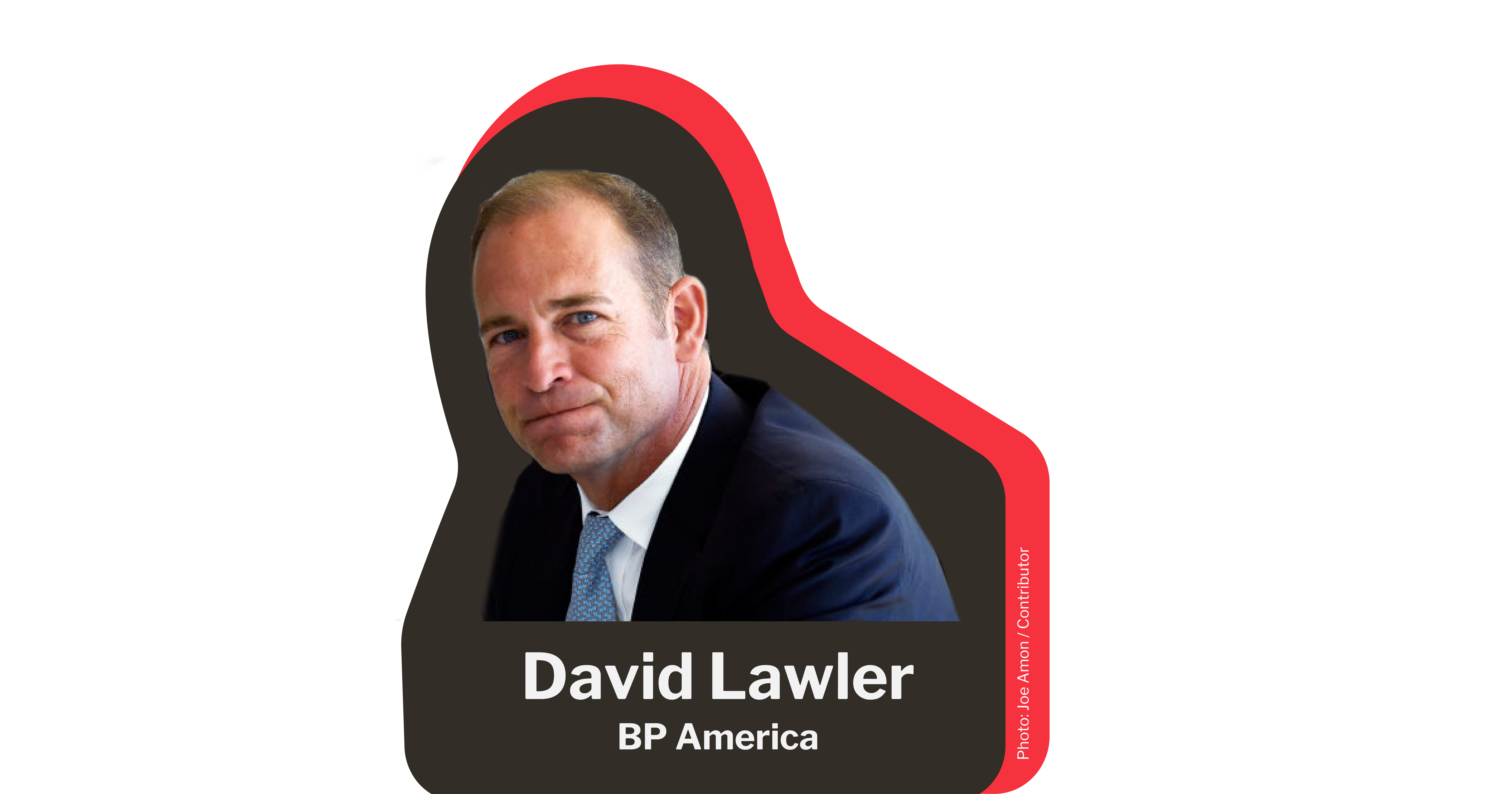Public reporting has shown that BP knew about the dangers posed by their fossil fuel products for decades, but engaged in a widespread campaign of deception to protect their profits.
BP now faces lawsuits from 19 states and municipalities that are seeking to hold the corporation accountable for lying about the damages it knew its products would cause.
The American people deserve answers, and as BP America’s CEO, Lawler must testify. Here is just some of the evidence that members of the House Oversight Committee should ask him to explain:
BP Knew About the “Devastating Consequences” of Fossil Fuels Decades Ago, But Worked to Block Climate Action
-
In 1991, BP produced an educational documentary about the weather that included a stark warning: increased CO2 from using fossil fuels could have “devastating consequences” including sea level rise, more frequent storms, and catastrophic floods.
-
Despite a clear understanding of the dangers of climate change, BP joined the Global Climate Coalition, a powerful industry group that coordinated the ultimately successful opposition to the Kyoto Protocol and other greenhouse gas regulations by casting doubt on the very impacts BP predicted.
BP Continues to Pollute While Falsely Depicting Itself as Committed to Climate Solutions
-
In 2000, BP began a $200 million campaign to rebrand the company as “Beyond Petroleum,” complete with a new sunburst logo. The company highlighted a $45 million investment in solar energy, but BP spent $12 billion on oil and gas in 2002—25 times more than on wind and solar.
-
BP exited the solar business in 2012 and the wind business in 2013, following the company’s 2012 agreement to pay $4.5 billion in criminal fines and fees to the federal government and an estimated $7.8 billion in private settlements over the 2010 Deepwater Horizon disaster.
-
A PR professional who worked on the campaign later admitted that it was “just advertising” to portray BP as a company “trying to find newer, smarter, cleaner ways of powering the world. Only they didn’t go beyond petroleum. They are petroleum.”
-
Between 2010 and 2018, BP invested just 2.3% of its capital expenditures in low carbon projects. The company reports that it increased low carbon spending to $750 million in 2020 (5% of capital expenditures) but BP’s criteria for this spending are unclear; past projects supported by a “low carbon transition” fund included “shares in companies developing new ways to find and use fossil fuels.”
-
According to a report by InfluenceMap, BP spends $30 million a year on climate branding and more than $50 million a year lobbying against policies to reduce emissions.
BP Pioneered the Personal “Carbon Footprint” Concept to Shift Blame for Climate Change to Consumers
-
In 2004, BP launched one of the most consequential marketing campaigns in history: the “carbon footprint calculator,” which the oil giant told consumers was for “helping you to go carbon neutral.” The “carbon footprint” went on to be adopted by hundreds of environmental groups and governments around the world, successfully shifting the burden of reining in climate change from oil and gas companies to individuals. By shifting the burden of lowering emissions to consumers, rather than the corporate polluters that produce and sell fossil fuels, BP embedded a concept in contemporary culture that has been critical in helping Big Oil evade responsibility for its central role in the climate crisis.
BP Greenwashes, Makes Phony Commitments to “Net Zero” Emissions
-
In December 2019, BP’s ‘Keep Advancing’ and ‘Possibilities Everywhere’ marketing campaigns — their biggest in a decade — were the subject of a legal complaint from ClientEarth, an environmental law firm, which charged BP advertising with misleading the public by focusing on low-carbon projects when 96% of the company’s annual expenditure was on fossil fuels.
-
One month later, in January 2020, a leaked package of branding materials revealed that in the face of this legal challenge BP was wrestling yet again with how to present themselves as leading the way on climate solutions, even as they were still increasing production and refining of oil and gas. One slide, in particular, asked how the oil giant could become more “authentic” and “inspirational” like teen climate activist Greta Thunberg.
-
One month after that, on February 12, 2020, the company announced that they were ending the advertising campaigns, while simultaneously announcing “a new ambition to become a net zero company by 2050 or sooner.” But due to a number of loopholes, including the exclusion of the company’s joint ventures with Russian oil giant Rosneft, an estimated 46% of the carbon BP extracts is excluded from its net zero ambition.
-
In March 2020, the UK National Contact Point for the OECD Guidelines for Multinational Enterprises (UK NCP) found the Client Earth complaint “material and substantiated, despite the complaint not proceeding due to BP ending its ad campaign.”
